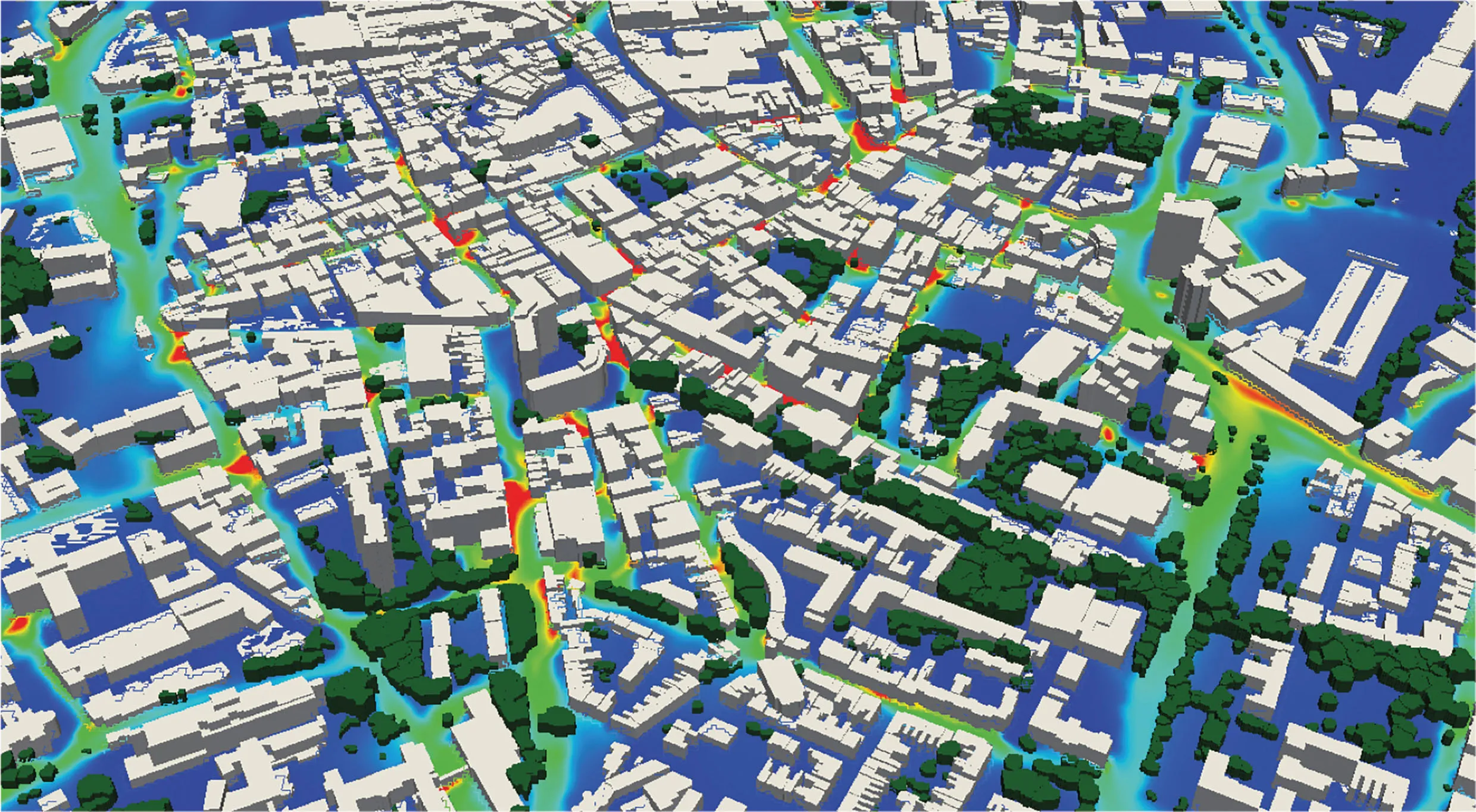A new agreement has been established between Japanese firm Fujitsu and Singapore’s Agency for Science, Technology and Research A*STAR. The agreement concerns research into long-term urban sustainability solutions to deliver high standards of living, work opportunities and economic growth. The work will focus on using data from various agencies in Singapore to derive an understanding of complex dynamics within the city. The research will use modelling and simulation to guide critical decisions and implementa
April 2, 2013
Read time: 2 mins
A new agreement has been established between Japanese firm 7257 Fujitsu and Singapore’s 7256 Agency for Science, Technology and Research A*STAR. The agreement concerns research into long-term urban sustainability solutions to deliver high standards of living, work opportunities and economic growth. The work will focus on using data from various agencies in Singapore to derive an understanding of complex dynamics within the city. The research will use modelling and simulation to guide critical decisions and implementation of solutions in a bid to optimise resource usage and allocation as well as generate vital growth opportunities in new areas. A key component of the research will be improving transportation management. This will aim to deliver an efficient and sustainable transportation system. For this portion of the study the research will focus on monitoring and understanding the travel behaviour and dynamics of commuters, road users and network systems. The recovered data will then be analysed and the results used to optimise transport services, project future demand, identify tipping points and assess system performance.









